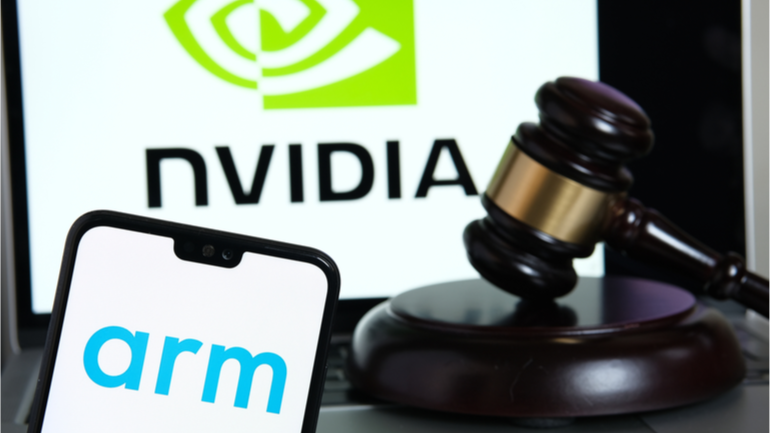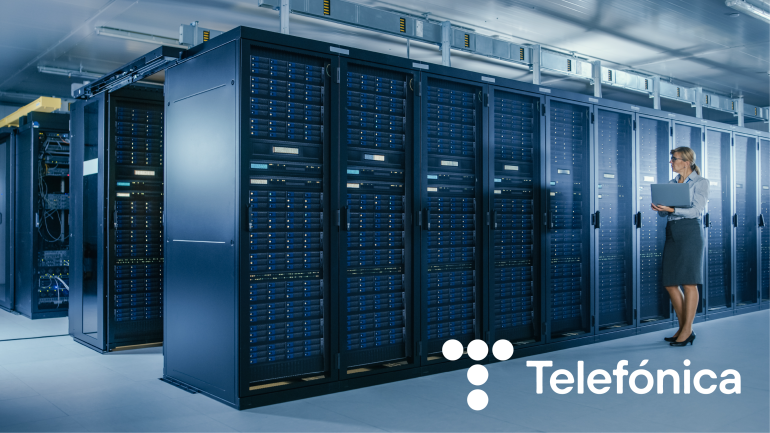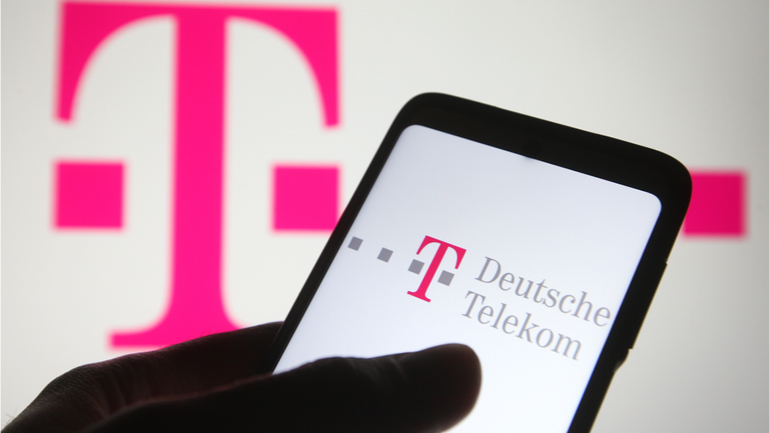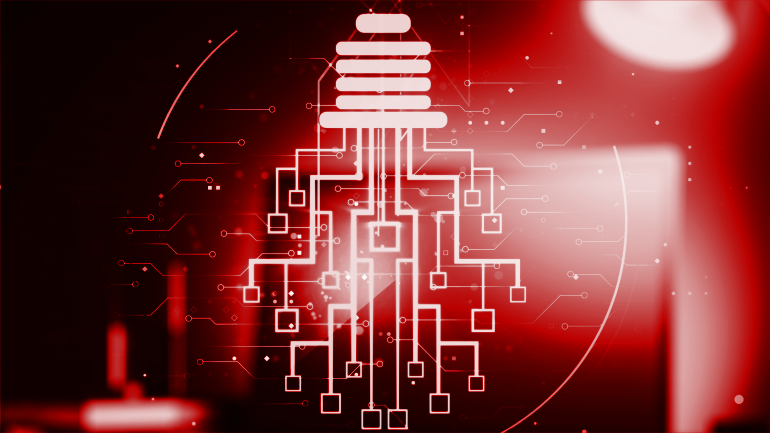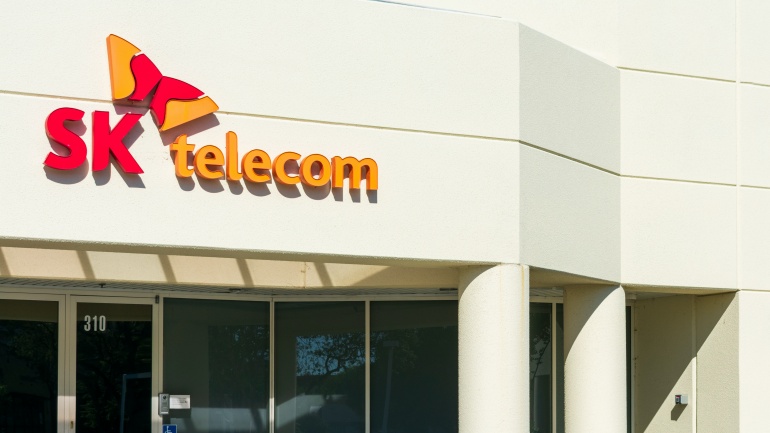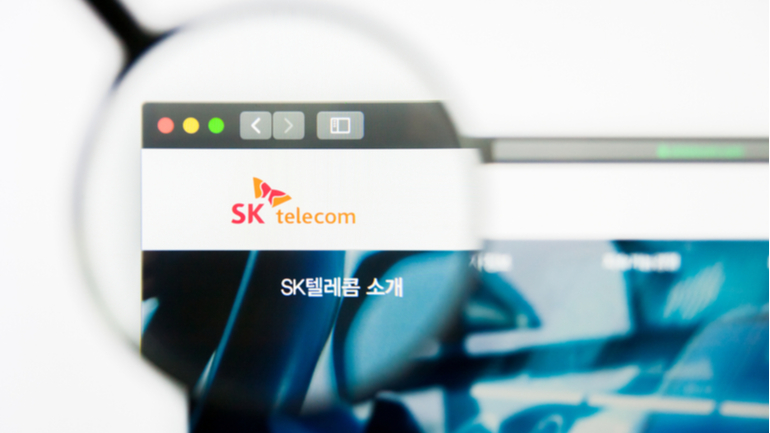After the British Competition & Market Authority (CMA) uncovered and voiced severe competition concerns, the planned 40-billion-dollar merger between American chipmaker Nvidia and Arm is at risk. The CMA has expressed apprehension that the proposed relationship between Nvidia and the UK chip specialist Arm might be motivated by and be able to limit or even restrict access to the intellectual property (IP) of Arm. Currently, this technology is utilized to make semiconductor chips by firms that compete with Nvidia. The potential absence of competition could interfere with innovation in various industries, including data centers and the Internet of Things (IoT). This might lead to products that are more costly or of reduced quality. The CEO of the CMA Andrea Coscelli said: “We’re concerned that Nvidia controlling Arm could create real problems for NVIDIA’s rivals by limiting their access to key technologies, and ultimately stifling innovation across a…
Qualcomm Technologies has developed a drone platform with an artificial intelligence and 5G-based reference architecture. The Qualcomm Flight RB5 5G platform aims to speed up the growth of commercial, corporate and industrial drones. The Flight RB5 5G Platform is designed to serve as a foundation for commercial, enterprise and industrial drone development, assisting organizations in successfully capturing and processing data from drone cameras. The new 5G platform combines several complicated systems into a closely connected drone system. Mapping, inspection, film and entertainment, military, security and emergency response and delivery are some of the use cases for this technology. The platform, which is powered by the Qualcomm QRB5165 processor, expands on Qualcomm Technologies’ most recent solutions for the Internet of Things (IoT), delivering a solution that will power the next generation of high-performance, low consumption 5G drones. AI and machine learning are key to the platform, assisting in the…
Telecommunications giant Orange and technology company SmartKey have created the first Blockchain of Thing (BoT) SIM card to implement access control and other smart city functions on a mobile phone. Thanks to the new partnership, access control, smart bikes, utilities and other smart city elements will soon be available to manage through blockchain technology. The partnership is based on the SmartKey pilot program “Rescue without Barriers”, which allows the Olsztyn city rescue services in Poland to have instant access to each safe area and building in their district using blockchain. The technology enables hospital barriers and other gates to automatically unlock and open for rescue vehicles, thereby reducing response times. This is one example of many possible access control features based on blockchain and connectivity in the licensed operator’s band, setting the scene for Orange as the first global operator to use blockchain to promote the smart cities of…
Artificial intelligence is exerting its influence on almost every sector, including telecommunications. This technology has begun to add impressive new dimensions to many industries, accelerating the digital transformation. According to Tractica, annual investment in telecommunications AI software is expected to grow to more than $11.2 billion in 2025. The telecommunications industry is at the heart of technological growth and digital transformation. The industry is huge. 54 telecommunications companies are listed on the Forbes Global 2000 list. They account for more than $3.4 trillion in assets and almost $1.5 trillion in income in 2020. The potential of AI in the telecom industry is immense. By taking advantage of this technology, organizations can create supplementary revenue streams using business niches they had not even thought could be profitable. The demand for higher quality telecom services and a better customer experience grows. Therefore, service providers need to look for smarter, more powerful and…
Telefonica, a Spanish international telecommunications company, has sold its four Data Centers (DCs) to a leading independent investment management company Asterion Industrial Partners in exchange for a 20 percent stake in the Nabiax hosting business. With this deal, Telefonica is forming a strategic partnership with the company’s current shareholder, Asterion and its co-investors, who retain the remaining 80% of the share capital. Two of the properties sold are located in Chile and two are in Spain. The contract includes an agreement for housing services in the four DCs on identical terms and conditions as set out in the previous transaction. The deal does not include the sale of Telefónica’s owned servers, as well as the management and access to their customers hosted on those servers. As a result, Telefónica will continue providing and managing the services it has offered to its customers from these data centers and will support…
Deutsche Telekom (DT) has announced that it is investing an undisclosed amount in the blockchain payment platform Celo. The company also purchased an unspecified amount of Celo digital tokens to be used on the platform. Deutsche Telekom will be the first telecommunications company to join the Celo Alliance for Prosperity. Celo is an open-source blockchain ecosystem that focuses on making decentralized financial (DeFi) systems and tools accessible via the smartphone. The Celo ecosystem includes a decentralized, proof-of-stake blockchain technology package, a native asset (CELO), two stablecoins (cUSD and cEUR) and the Celo Foundation Alliance of Prosperity. The company was launched in 2017 and has maintained a low profile in the crypto market. However, this has changed in recent months, in part due to the recent $20 million funding raised by blue venture capital firms, including Andreessen Horowitz. This move by DT represents their initial foray into and testing…
When a new technology or opportunity is created, it is up to industry verticals to decide how, when, and where to exploit its potential. Communication service providers (CSPs) will find it challenging to adopt and implement technology such as blockchain. We have already discussed the benefits and possibilities of blockchain for telecommunication providers. While the benefits of adopting blockchain in the telecommunications business are clear, putting the theory into practice may not come easily. It is important that Communication Service Providers (CSPs) work in synergy, looking beyond obvious solutions if they are to take full advantage of the potentially huge advantages distributed ledger technology can offer. The following advice on adopting blockchain are based on the onerous experience of early adopters of blockchain. Collaborating and sharing of information Telecommunications companies can substantially improve their services by sharing or joining forces with each other. It is vital that these companies work together…
SK Telecom, the top mobile operator in South Korea, has teamed up with its security subsidiary ADT Caps Co. and local video management solutions company Innodep Inc. to develop an artificial intelligence (AI) solution to meet the growing demand for efficient and advanced video analysis services. Under the agreement, the trio will develop services to effectively manage video surveillance systems in the private and public sectors of the growing local market. The ultimate goal of the partnership is to create real-time security services for the public and industry, while addressing existing defects in the video analysis systems, such as false alarms. As the deployment of CCTV in the public and private sectors is expanding rather swiftly to enhance safety and security, SKT said the solution will increase cost-effectiveness and accuracy by optimizing its AI chip and algorithms. This solution will be linked to Innodep’s intelligent management platform and…
The two companies, Deutsche Telekom Global Carrier and Orange International Carriers, have announced the successful completion of a Proof of Concept (PoC) project to improve IPX services using blockchain technology. According to the statement, they were able to validate that blockchain can be used by operators to expedite the automatic transaction of end-to-end network KPIs between providers. This provides operators with an opportunity to offer improved quality of service (QoS) and enhance network performance forecasting and incident management. The cooperation between the carriers for this initiative was announced back in June. IPX systems are fundamental components for enabling international and domestic roaming services. Also, full-service level agreements (SLAs) on critical IPX networks are essential for ensuring that mobile operators can provide the best network quality. The companies said the results of the study will be presented to the GSMA. Emmanuel Rochas, CEO of Orange International Carriers, said:…
SK Telecom, the South Korean wireless telecommunications giant, with the approval of the Ministry of Public Administration and Security, has announced the launch of a new blockchain-based wallet for digital document storage. This major step could prompt South Korea to rapidly digitize state-issued documents. As claimed by SK Telecom, the wallet will be driven by blockchain technology and will work together with the Government24 Digital Initiative program, which endorses the issuing and distribution of certificates digitally. This initiative is especially relevant as the Covid-19 pandemic continues to spread worldwide. The company’s blockchain-powered wallet will work in conjunction with the Government24 app, sharing documents seamlessly between these endpoints, as well as with local and government institutions, banks and insurance providers. Citizens will be able share documents such as immigration certificates, copies of resident registration cards, health insurance documents using the mobile app managed by the blockchain. As reported by…



